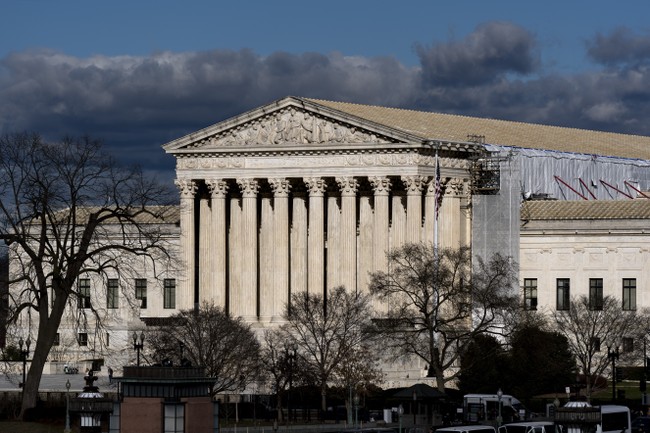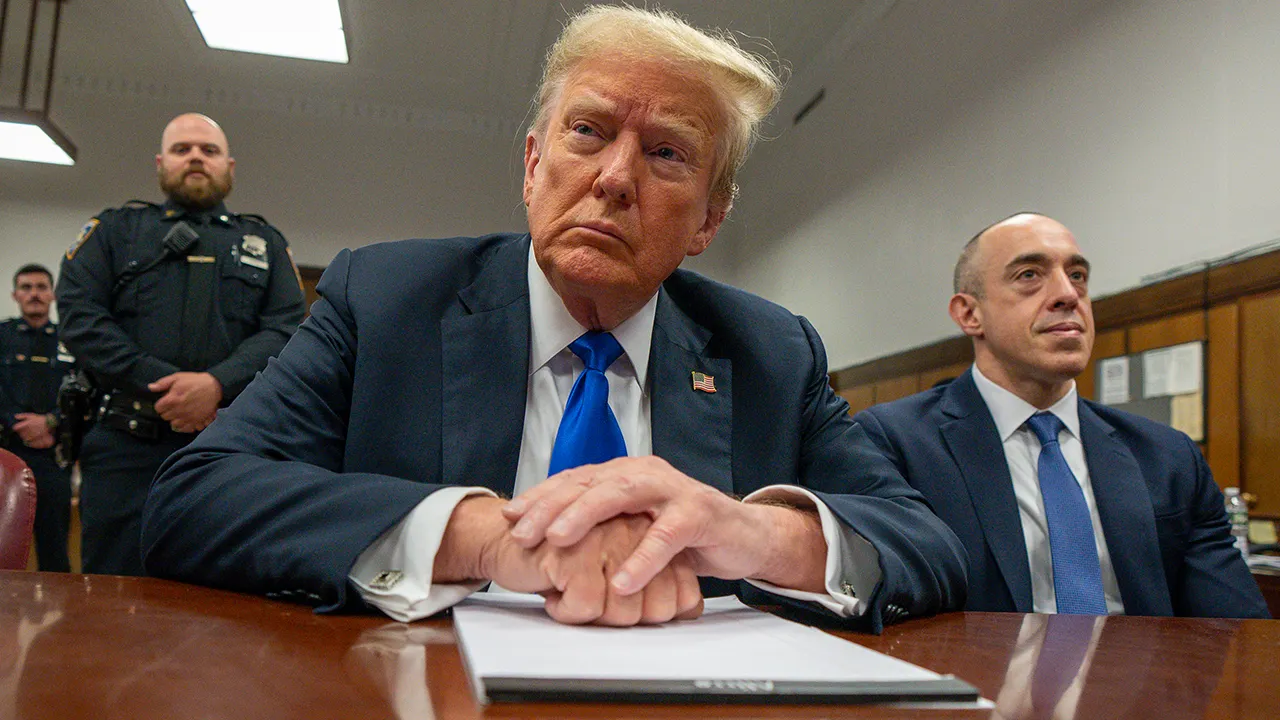This has been a matter of debate since the first Trump administration. Then as now, Democrats and other left-wing groups would file complaints in reliably left-leaning courts and some federal judge would issue a “nationwide injunction” to stop whatever the left wanted stopped. Attorney General Bill Barr was arguing this was a problem back in 2019, noting how relatively rare nationwide injunctions were in previous decades and how much power they grant a single judge.
Since President Trump took office, federal district courts have issued 37 nationwide injunctions against the Executive Branch. That’s more than one a month. By comparison, during President Obama’s first two years, district courts issued two nationwide injunctions against the Executive Branch, both of which were vacated by the Ninth Circuit. And according to the Department’s best estimates, courts issued only 27 nationwide injunctions in all of the 20th century.
Some say this proves that the Trump Administration is lawless. Not surprisingly, I disagree. And I would point out that the only case litigated on the merits in the Supreme Court—the so-called “travel ban” challenge—ended with President’s policy being upheld…
The Constitution empowers Congress to create lower federal courts, and in designing a system of 93 judicial districts and 12 regional circuits, Congress set clear geographic limits on lower-court jurisdiction. In our system, district-court rulings do not bind other judges, even other judges in the same district…
Nationwide injunctions not only allow district courts to wield unprecedented power, they also allow district courts to wield it asymmetrically. When a court denies a nationwide injunction, the decision does not affect other cases. But when a court grants a nationwide injunction, it renders all other litigation on the issue largely irrelevant. Think about what that means for the Government. When Congress passes a statute or the President implements a policy that is challenged in multiple courts, the Government has to run the table—we must win every case. The challengers, however, must find only one district judge—out of an available 600—willing to enter a nationwide injunction. One judge can, in effect, cancel the policy with the stroke of the pen.
And with the start of the 2nd Trump administration, nothing has changed. There have been an estimated 17 nationwide injunctions issued since President Trump started his second term, though that number only count up to March 27, 2025. That same month, President Trump called on Justice Roberts and the Supreme Court to fix this problem.
And the era of nationwide injunctions could come to an end later this week when the Supreme Court hears a case on birthright citizenship. The case probably won’t decide whether birthright citizenship is legal under the 14th Amendment. What the case is really about is the nationwide injunctions different courts have used to block Trump’s executive order on the topic.
…based on the Trump administration’s request for emergency intervention and the limited filings at this point, the justices are likely to decide an important procedural issue, rather than directly decide who’s entitled to citizenship…
The method invoked against the Trump administration is known as a “nationwide injunction,” when a single US district court judge blocks enforcement of a government action not merely in the judge’s district but throughout the country. Administration lawyers have urged the justices to narrow the injunctions to cover only those parties to the cases.
Vox’s coverage of this notes that nationwide injunctions have opponents on both sides of the aisle.
The question of whether a single federal trial judge may issue an order that binds the entire country is fraught and has been hotly disputed for years. During the later days of the first Trump administration, Republican Justice Neil Gorsuch published an uncharacteristically persuasive concurring opinion arguing that these nationwide orders must be reined in.
Gorsuch argued that injunctions — court orders that either require a party to take a particular action or forbid them from doing so — are “meant to redress the injuries sustained by a particular plaintiff in a particular lawsuit.” When one judge can go much further, halting an entire federal policy nationwide, that creates an asymmetry. “There are currently more than 1,000 active and senior district court judges,” Gorsuch wrote. In a world with nationwide injunctions, plaintiffs can shop around for the one judge in America who is most likely to be sympathetic to their cause, and potentially secure a court order that no other judge would hand down…
…nationwide injunctions so frustrated the Biden administration that, on her way out the door, Biden’s solicitor general, Elizabeth Prelogar, filed a brief asking the justices to limit these broad orders. That brief was filed in December 2024, after Trump had won the election, so Prelogar knew that Trump was likely to benefit if the justices took her up on her invitation.
And yet, there’s no doubt that ending these injunctions would be a huge blow to the resistance. You could argue that these nationwide injunctions are the core of the resistance, without them Democrats would have a much harder road ahead.
It’s hard to overstate the importance of this case — it stands to determine whether federal judges can issue court orders that block presidential policies across the entire country. The use of these nationwide injunctions has figured prominently in the legal pushback against Trump’s most controversial actions since the start of his second term.
If a majority of the Supreme Court justices adopt the government’s position in its entirety, then the injunctions could be narrowed to apply to just the seven expectant parents who are parties to the case. The Trump administration might then be able to effectively end birthright citizenship throughout the rest of the country, unless and until the Supreme Court weighs in on the underlying legal merits of the president’s executive order itself — which have been roundly rejected by every court that has considered the matter, and by virtually every credible scholar and independent legal analyst — at a later date.
This is an argument in favor of allowing low level federal judges to overrule the president, but as William Barr pointed out years ago, even a single Supreme Court Justice lacks the power to do that. He or she would at least have to convince four other Justices to go along in order to thwart the president. So the idea that a single judge, in say Vermont, should be able to put the president’s agenda on hold seems pretty ridiculous.
We’ll have a better idea where this case is heading on Thursday so stay tuned.
Read the full article here







![Massive Bronx Vehicle Explosion Sends Seven Firefighters to the Hospital [WATCH] Massive Bronx Vehicle Explosion Sends Seven Firefighters to the Hospital [WATCH]](https://www.lifezette.com/wp-content/uploads/2025/11/2025.11.06-09.59-lifezette-690c717ba22ab.jpg)



![Florida Real Estate Market is Booming as New Yorkers Flee [WATCH] Florida Real Estate Market is Booming as New Yorkers Flee [WATCH]](https://www.lifezette.com/wp-content/uploads/2025/11/2025.11.06-08.53-lifezette-690c621fc80b5.jpg)